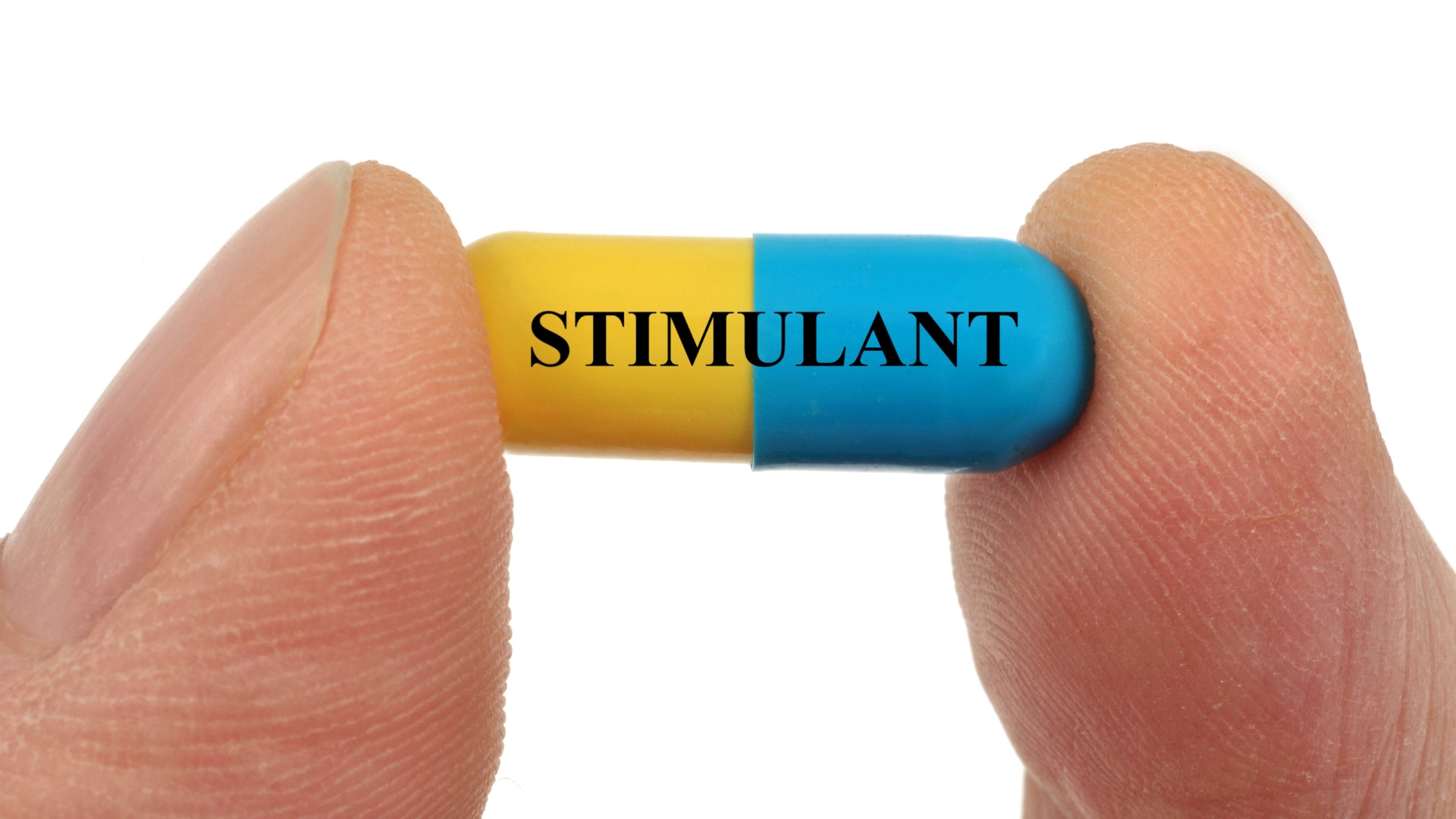Minimal Stimulation IVF

Minimal Stimulation IVF (MS-IVF) is a fertility treatment that involves the use of minimal doses of fertility medications to stimulate the production of eggs. The goal of MS-IVF is to minimize the risk of side effects associated with fertility medications and to increase the chances of a successful pregnancy.
During MS-IVF, the woman's menstrual cycle is carefully monitored to determine the optimal time for egg retrieval. A minimal amount of fertility medications may be used to stimulate the production of a small number of eggs. The eggs are then retrieved and fertilized with sperm in a laboratory dish, and the resulting embryos are transferred to the woman's uterus.
MS-IVF may be an option for women who have previously experienced unsuccessful IVF cycles or who are concerned about the potential side effects of fertility medications. However, it is important to note that success rates for MS-IVF may be lower compared to traditional IVF, and it may not be suitable for everyone. It is important to discuss the potential risks and benefits of MS-IVF with a fertility specialist.
The process of IVF involves several steps:
- Ovarian stimulation: In minimal stimulation IVF, the goal is to stimulate the ovaries to produce a small number of eggs, typically using a low dose of fertility drugs or no drugs at all.
- Egg retrieval: Once the eggs have matured, they are retrieved from the ovaries using a procedure called transvaginal ultrasound-guided oocyte retrieval (TVOR). This is done under conscious sedation or general anesthesia.
- Fertilization:The eggs are then fertilized with sperm in a laboratory dish, using either traditional in vitro fertilization (IVF) or intracytoplasmic sperm injection (ICSI).
- Embryo transfer: If fertilization is successful and healthy embryos are produced, one or more of the embryos may be transferred to the woman's uterus. This is done through a simple procedure called embryo transfer, which is usually done 3-5 days after egg retrieval.
- Pregnancy test: About two weeks after the embryo transfer, the woman will undergo a pregnancy test to determine whether the treatment was successful. If the test is positive, the woman will be monitored closely during the early stages of pregnancy to ensure that the pregnancy is progressing normally.
It's important to note that minimal stimulation IVF may not be suitable for everyone, and the success rates can vary depending on the individual's age and fertility status. It's important to discuss all of your options with a fertility specialist to determine the best treatment plan for you.




